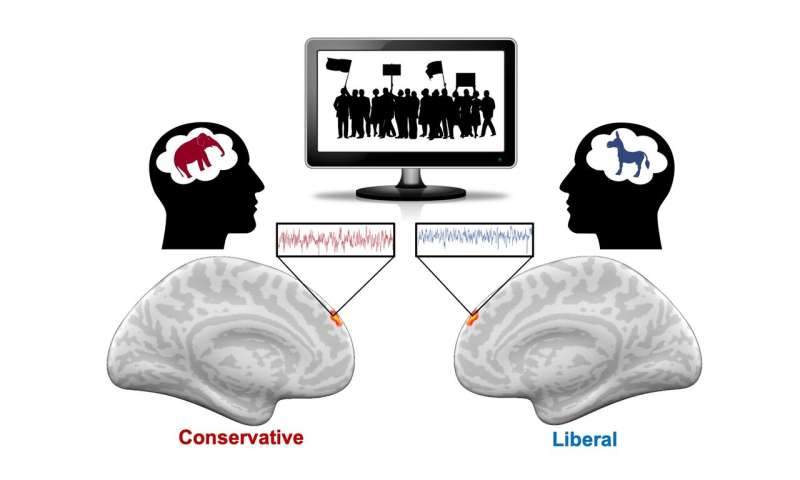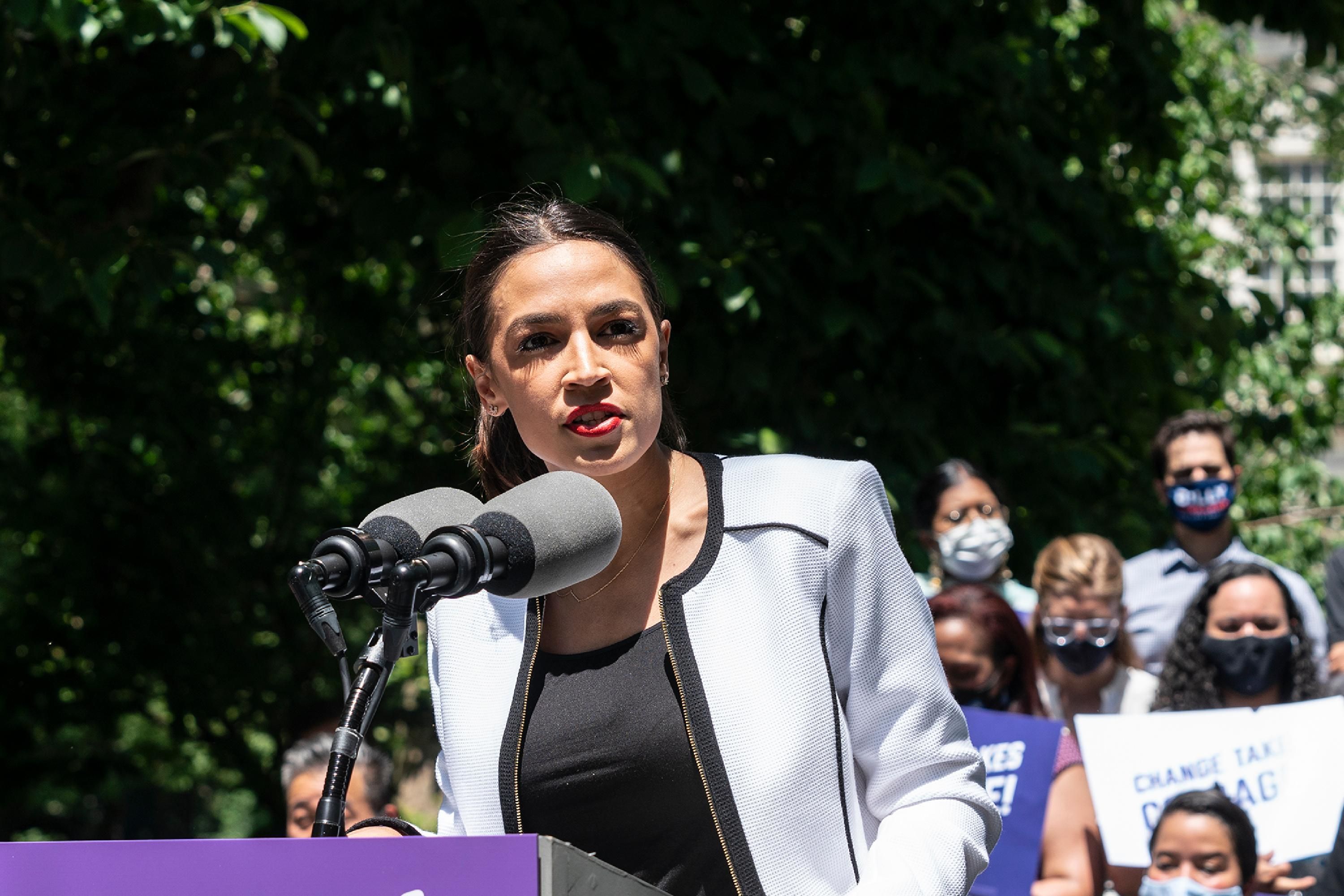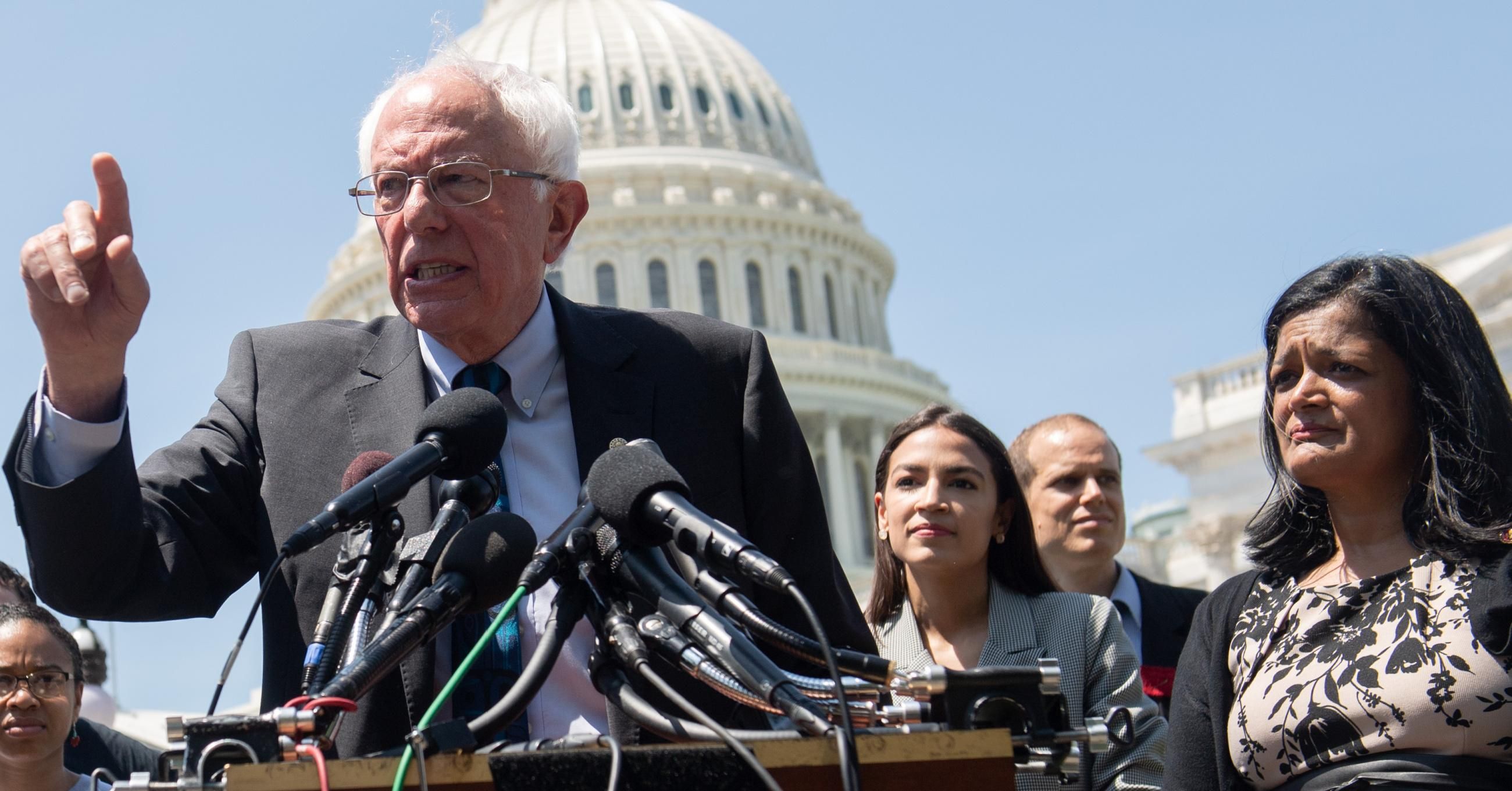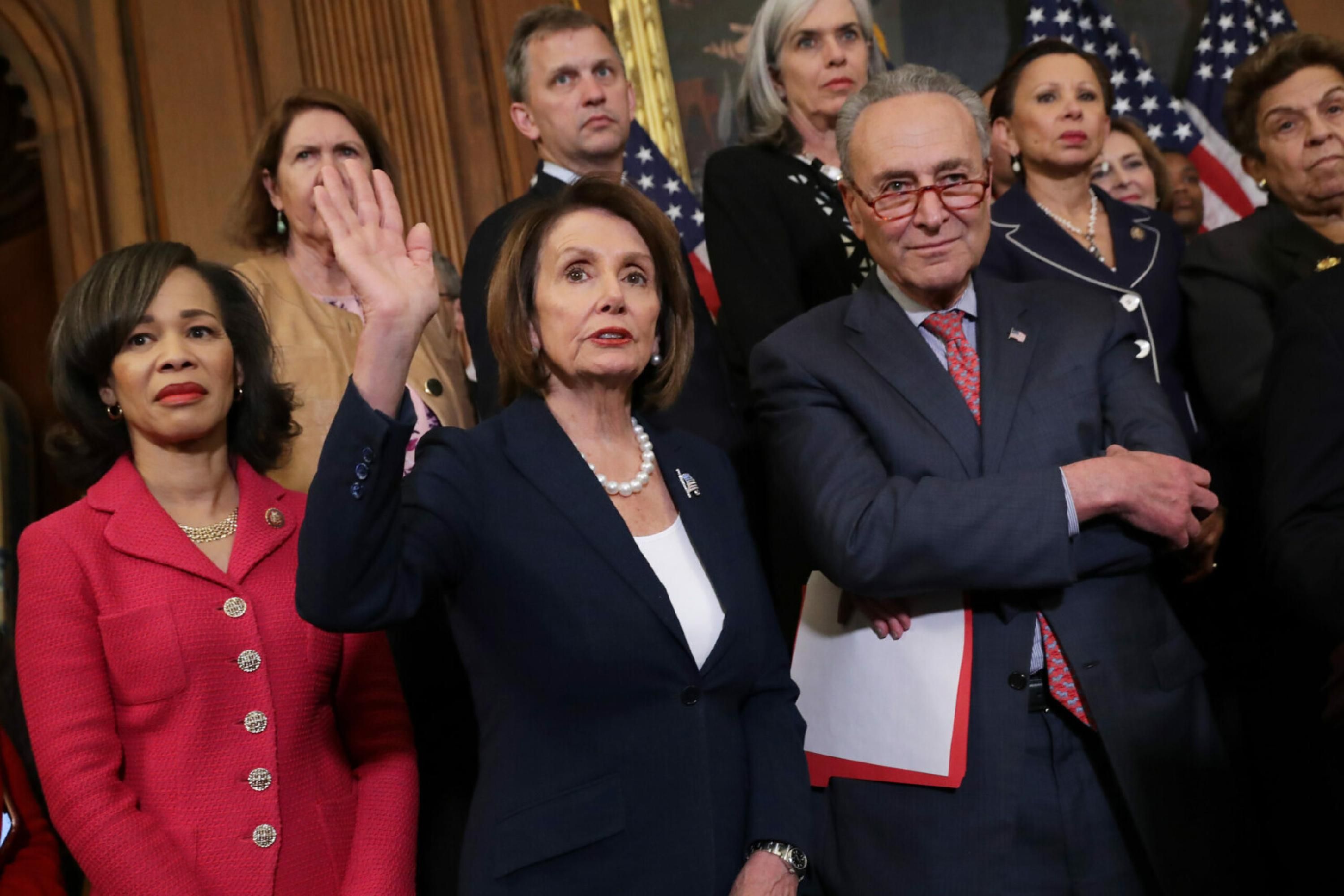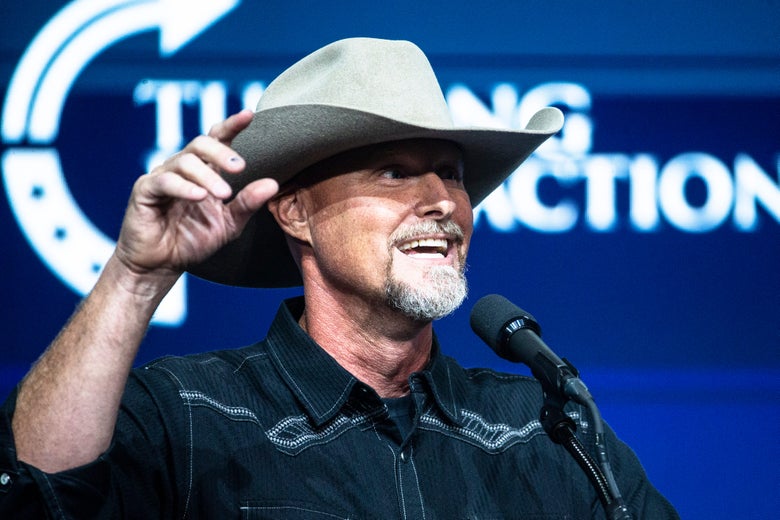Border militarization, not immigration, is what is making El Paso unsafe, residents say.
By Sam Carliner ,
PublishedOctober 16, 2023

A Texas National Guard soldier stands vigil at a makeshift migrant camp near the U.S.-Mexico border fence on May 11, 2023, in El Paso, Texas.
JOHN MOORE / GETTY IMAGES
Truthout is a vital news source and a living history of political struggle. If you think our work is valuable, support us with a donation of any size.
El Paso, Texas, has increasingly become the subject of an intense national conversation.
The New York Times, The Washington Post and Wall Street Journal report that migrant surges are straining the city, the country and the economy. These are just three headlines from a barrage of coverage of the “crisis” at the border.
Nastassia Artalejo, an El Paso resident whose family has lived in the city for generations, is sick of hearing her home described this way.
“It’s really frustrating to be here and see and hear so many polarizing opinions,” Artalejo said. “So much of what is talked about in the media is from a third-party or outsider perspective, as opposed to the opinion being from someone that actually lives here.”
RELATED STORY
Truthout is a vital news source and a living history of political struggle. If you think our work is valuable, support us with a donation of any size.
El Paso, Texas, has increasingly become the subject of an intense national conversation.
The New York Times, The Washington Post and Wall Street Journal report that migrant surges are straining the city, the country and the economy. These are just three headlines from a barrage of coverage of the “crisis” at the border.
Nastassia Artalejo, an El Paso resident whose family has lived in the city for generations, is sick of hearing her home described this way.
“It’s really frustrating to be here and see and hear so many polarizing opinions,” Artalejo said. “So much of what is talked about in the media is from a third-party or outsider perspective, as opposed to the opinion being from someone that actually lives here.”
RELATED STORY

“A Cruel Policy”: AOC Asks Biden to Reverse Course on Building Trump Border Wall
The Biden administration announced this week that it’s planning to waive dozens of laws to build Trump’s border wall.
By Sharon Zhang , TRUTHOUTOctober 6, 2023
Ivonne Diaz, a Deferred Action for Childhood Arrivals (DACA) recipient and immigrant rights activist, expressed similar frustration.
“When I meet with people that don’t live here and are visiting for the first time, they say it’s nothing like [they’ve] been hearing,” Diaz said. “El Paso is not like how they put it in the news.”
Both acknowledged the large number of migrants making their way to the U.S.-Mexico border. Neither feels that the increase in migrants is fueling violence or chaos in the city. However, Artalejo, Diaz, and several other residents of El Paso had a lot to say about how the response to migrants and the mainstream rhetoric about the city is changing their home.
“More and more military is coming into the city,” Artalejo said. “It’s not making us safer. It’s making the city more violent.”
“What They’re Trained to Do Is Kill People”
El Paso is not just any border city. It is the second-most crossed point of entry into the United States. As the U.S. government has steadily developed more restrictions to entry into the country, El Paso has also become a hub for various federal agencies to police migration. It is also a military city, located right next to Fort Bliss, an Army base spanning 1.12 million acres across Texas and New Mexico. For decades it has been the norm for residents of El Paso to see these various federal agents and soldiers operating in and around the city.
There have been several points in the city’s history where residents have noticed a surge in the presence of these forces.
In 2021, Texas Gov. Greg Abbott launched Operation Lone Star, deploying Texas National Guard troops to the border. Other Republican governors from 14 different states have sent their states’ soldiers to the border as part of the operation. While these Republicans justify the deployments by arguing that the Biden administration has had lenient border policies, the president has actually continued many of the anti-immigrant laws passed by the Trump administration. Recently, Biden waived 26 federal laws to construct a border wall in South Texas which will run through public lands and habitats for endangered species. In May, the federal government deployed an additional 1,500 soldiers to the border. A fact sheet published by the White House in March boasts: “Over the past two years, the Biden-Harris Administration has secured more resources for border security than any of the presidents who preceded him, deployed the most agents ever — more than 23,000 — to address the situation at the border…”
“More and more military is coming into the city,” Artalejo said. “It’s not making us safer. It’s making the city more violent.”
Diaz said that the presence of federal agents and soldiers is intimidating, especially for immigrants living in El Paso.
“I have to drive by the border and I see more persons and it doesn’t make me feel safer,” Diaz said. “Especially me having DACA. I can only imagine having people who are still undocumented here.”
Robert Heyman, strategic advisor at the Las Americas Immigrant Advocacy Center, which advocates for immigrant rights and provides legal services to low-income immigrants, has lived in El Paso for decades and witnessed various ways that border enforcement has ramped up.
“Especially in these moments of national moral panic around the border, things that would not be acceptable in other parts of the country are done to folks living at the border,” Heyman said.
Heyman compared the current militarization of El Paso to the 1990s. During that decade, George H.W. Bush and Bill Clinton oversaw several initiatives which increased the presence of Border Patrol and U.S. military forces around the U.S.-Mexico border. These operations increased the number of migrant deaths, but it wasn’t until U.S. Marines deployed at the border killed an 18-year-old American citizen that the military suspended its policing of the border.
While the recent National Guard deployments have yet to produce a similar example of U.S. troops killing a U.S. citizen on domestic soil, there have been two instances this year of soldiers injuring people while policing the border. In January, a soldier shot and injured a migrant, and in August another soldier shot at a Mexican citizen across the border.
Heyman did not mince words criticizing the deployment of soldiers to the border.
“The U.S. military has different soldiers in different roles, but a core tenet of what they’re trained to do is to kill people,” Heyman said. “When you start putting them into roles that require different skill sets that are fundamentally misaligned with that, you really start creating risks.”
Artalejo’s family history makes her uniquely aware of these risks.
“Obviously, it’s significantly more militarized now, but there’s always been a really large military presence in El Paso for as long as the city has been a legitimate city,” Artalejo said.
She described how during World War II, two soldiers stationed at Fort Bliss had been drinking late at night at a bar across from the apartment complex where her great-grandfather lived with his wife and kids. The soldiers and two women ended up loudly playing Marco Polo outside of the building, prompting Artalejo’s great-grandfather to come outside and tell them to quiet down so his kids could sleep. One of the soldiers used a pair of brass knuckles to hit Artalejo’s great-grandfather in the head, killing him.
“My family was left without a parental or father figure,” Artalejo said. “Just a single mother with lots of children.”
One of those children was her grandfather, who passed the story down to her. She felt it was important for people to understand that the base, not just border enforcement operations, is central to the militarization of the city and the violence that it entails.
“We Had to Be the Order”
El Paso has always been militarized to some degree, but 2016 placed it at the center of national politics and unleashed violent dynamics which continue to shape the city.
Donald Trump infamously launched his presidential campaign by calling immigrants “drug dealers,” “criminals” and “rapists,” and promised to build a wall to keep migrants out. As president, Trump enacted many brutal policies including family separation. He also talked about migrants as “invaders” posing danger to the United States.
The El Paso community witnessed the logical result of Trump’s provocative rhetoric in 2019 when Patrick Crusius came to their city. Inspired by Trump’s fearmongering about migrants, Crusius shot up a Walmart parking lot, killing 23 people and injuring another 22.
Trump activated many white supremacists throughout the country. He also activated many immigrant rights organizers who remain at the forefront of aiding migrants coming to El Paso. One such organizer is Juan Paul Flores Vazquez, a DACA recipient whose family came to the United States from Mexicali. Trump’s attacks on immigrant rights inspired Flores Vazquez to move to El Paso in 2018 to organize against these attacks. He reflected on the sense of danger that came with Trump’s presidency.
“The feds were lurking around alleys and streets, snatching people of all ages.”
“There was always a lingering feeling of dread,” Flores Vazquez said. “I immediately saw how that affected the border and our community right from the jump.”
He has continued his activism through the group Undocumented 915 which provides news and community alerts for El Paso’s undocumented community, and provides donations including food and clothing for migrants arriving in the city. He said there has not been much of a difference under the Biden administration. The migrants coming to El Paso still rely on local activists to help them find shelter, food, legal assistance, and other needs that the government does not provide. The federal agencies continue to harass migrants and activists in the city.
Flores Vazquez described some of the repression he witnessed around a migrant shelter earlier this year.
“The feds were lurking around alleys and streets, snatching people of all ages,” he said. “There [were] multiple videos from security cameras of local businesses that would catch Border Patrol being aggressively violent with young people … There’s a couple videos being leaked. Imagine all the stuff we don’t get to see.”
Juan Ortiz is an organizer at Casa Carmelita, a migrant shelter in El Paso. Ortiz’s family is Rarámuri, one of several communities indigenous to the land that the U.S.-Mexico border cuts across. During the Trump administration, Ortiz felt personally connected to the administration’s family separation policies because his sister-in-law was undocumented and he worried she could be separated from her kids. Through Indigenous rights activism, immigrant rights activism and mutual aid, he proudly continues what he describes as El Paso’s rich history of leftist activity, which has included the 1917 Bath Riots, the Chicano rights movement and recent activity to support migrants. He has seen his share of repression, but says that some of the worst he’s ever witnessed has been in El Paso.
“I call it a police city-state now,” Ortiz said. “When the youth had a lot of rallies around George Floyd … at one point, they had a rally downtown and there was so much presence.… It was different colors and shades of uniforms but everyone looked like they were prepared for war.… You couldn’t tell who was military, who was Border Patrol, who was police.”
He added that during the protests against racist police violence in 2020, white supremacist militias also flocked to the city.
While federal agencies and militarized forces proliferate in El Paso, the city remains one of the poorest zip codes in the United States. The city’s poverty stands in stark contrast to the estimated $333 billion that the federal government has spent on immigration enforcement since the creation of the Department of Homeland Security in 2003.
Flores Vazquez spoke about how this money could have helped shelter migrants, as well as the city’s houseless population.
“[A housing complex] which has been abandoned for years just caught on fire,” Flores Vazquez said. “One of the things that everyone’s been saying is, ‘Wow, they could’ve used all that money they’ve been spending on building a fortress around the border, and invested it in reopening some of those complexes for migrants or for people who are just out in the street.’”
Ortiz feels that how most people talk about the situation at the border fuels the dynamics that are hurting the city. He wishes that more people would look to the example the El Paso community has set by assisting migrants.
“People need to understand it’s a human-created, policy-created crisis,” Ortiz said. “Create the machinations that create the chaos, and then point to it and say chaos.… The system was always going to be the chaos, so we had to be the order. The people on the border are the order.”
